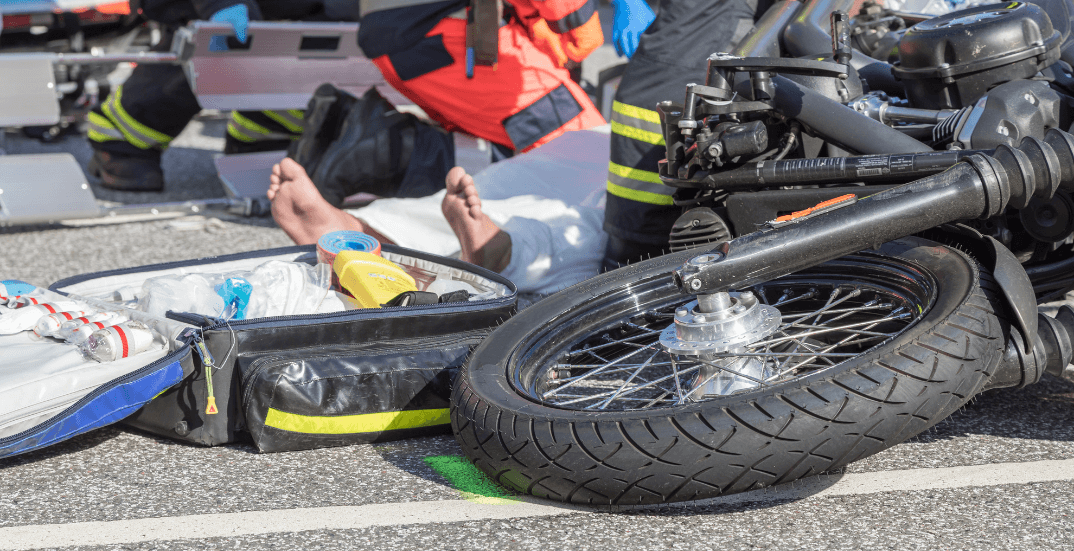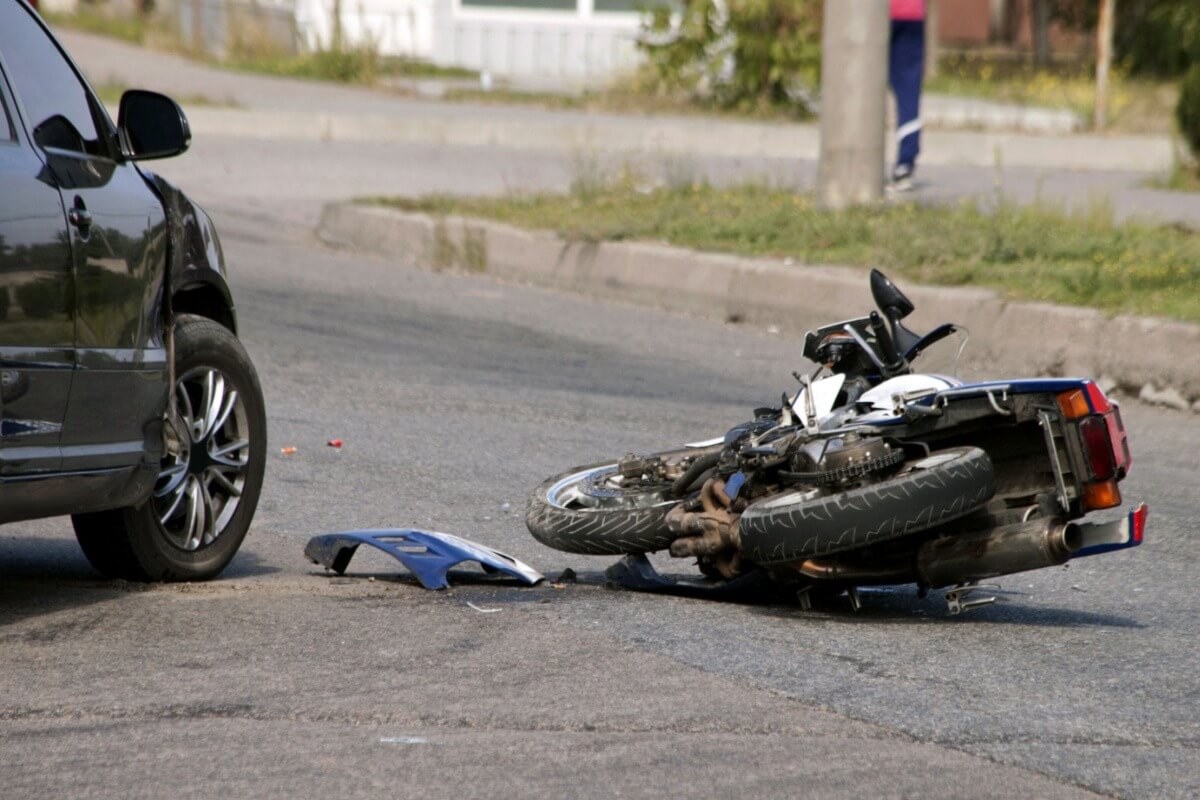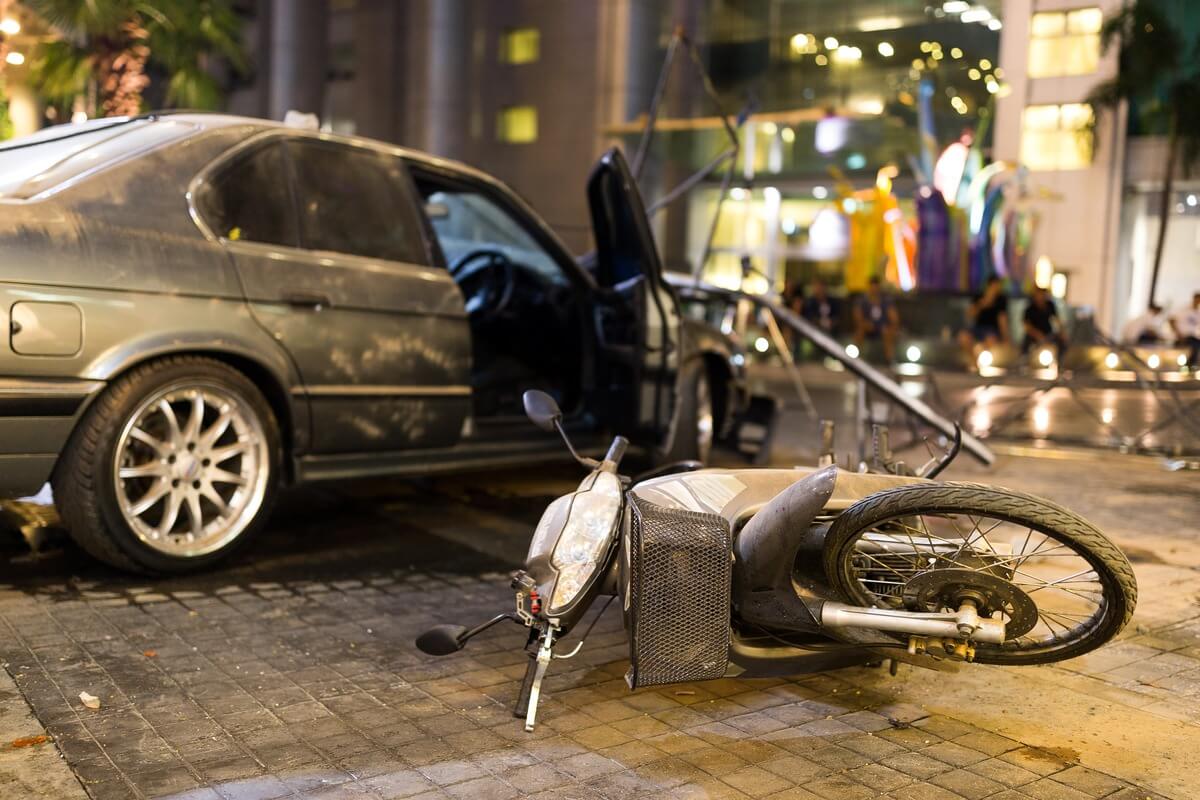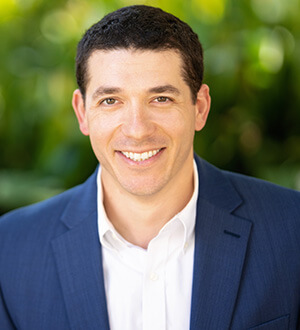
Associate at AKD Lawyers
Practice Areas: Personal Injury, Property Damage, Insurance Bad Faith Claims, Breaches of Contracts, Employer-Employee Disputes
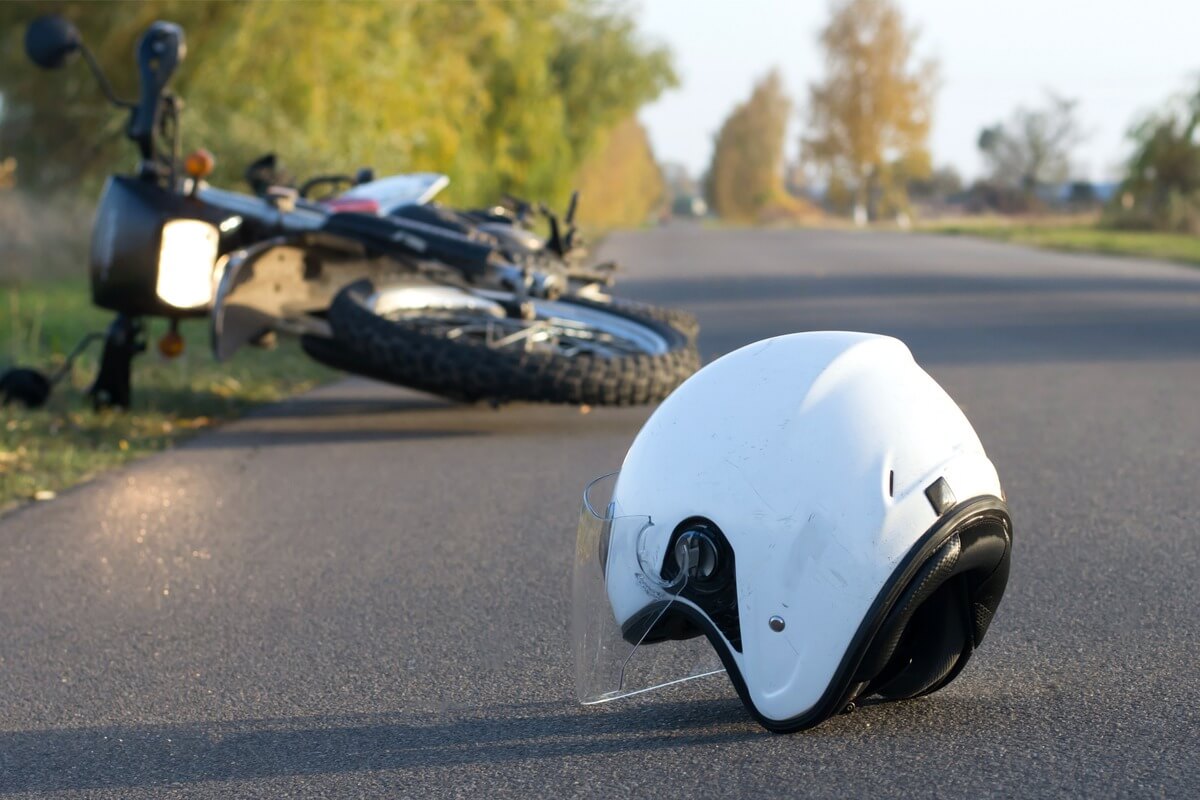
The Motorcyclist is not always at Fault for a Motorcycle Accident
Whether it is for the thrill, the camaraderie, or the freedom of the open road, people love to ride motorcycles. Based on 2020 data, the total number of public, personal, and commercial motorcycles registered in the US states and the District of Columbia totaled approximately 8.32 million. There were approximately 101,490 registered motorcycles in Louisiana.
Tragically, motorcyclists are 29 times more likely to die in a crash than those using other vehicles. In 2019, 5,014 motorcyclists died. Louisiana is among the deadliest states, with a rate of fatal accidents of 21.1 per 10,000 registered motorcycles. In any motor vehicle crash, fault is an essential issue.
Why are there so many motorcycle accidents?
There are several critical differences between motorcycles and other vehicles. First, motorcycles only have two wheels, making them more unstable than four-wheeled vehicles. They are smaller than other vehicles, so it is more difficult for other drivers to see them.
Also, they lack an external frame, so riders have little protection in the event of a crash. In general, they have fewer advanced features to provide added safety, such as seatbelts, rearview cameras, or lane departure warnings.
The most common causes of motorcycle accidents
As with all motor vehicle accidents, motorcycle accidents frequently include head-on collisions, rear-end collisions, and sideswipe accidents. Common causes of motorcycle accidents include:
- Cars making left turns
- Unsafe lane changes
- Motorcycle lane splitting
- Opening the doors of a parked vehicle in the path of an oncoming motorcycle.
- Distracted driving
- Speeding
- Driving under the influence of alcohol or drugs
- Road hazards such as potholes or uneven pavement
- Defective equipment
Negligence in a motorcycle accident
Negligence is a legal principle that the responsible party failed to exercise the level of caution and care that a reasonable or prudent individual would use under similar circumstances. There are four elements of negligence:
- The defendant owed a duty of care to the plaintiff
- The defendant breached that duty
- The defendant’s breach caused the accident and the resulting injuries
- The plaintiff suffered harm as a result of the defendant’s actions or inaction
Motorcyclists are not always at fault
Although there is a myth that motorcyclists are responsible for motorcycle accidents, most motorcycle accidents involve passenger vehicles such as cars, SUVs, and trucks. A study by the National Highway Traffic and Safety Administration (NHTSA), called the Hurt Report, analyzed data from 900 motorcycle accidents to establish their causes. They found that:
- When an accident involved a motorcycle and another vehicle(s), the other vehicle(s) was at fault for violating the biker’s right-of-way in more than 66% of those accidents.
- The most common type of collision was a vehicle turning left in front of a motorcycle going straight.
- Intersections were the most commonplace for these motorcycle crashes.
- The leading cause of these accidents was other vehicles failing to see the motorcyclist.
Many motorists assume that a motorcycle is inherently dangerous; therefore, the motorcyclist must be at fault. Due to the public perception of motorcyclists as being reckless drivers, insurance companies tend to be biased against bikers. Studies show that more than 50% of motorcyclists involved in accidents had less than five months of riding experience. Although inexperienced or careless motorcycle operators may make errors that contribute to accidents, the fact is that motorcyclists are almost always the most seriously injured, but they are not always to blame.
Louisiana law requires the use of helmets for motorcycle riders in the state. Motorcycle helmets are essential to protect the rider’s skull and brain in an accident. However, they are not a guarantee that the rider will not be injured. If a motorcyclist is not wearing a helmet and is injured by another in an accident, whether that will affect compensation from a motorcycle accident depends on the part of the body injured in the accident.
Who may be responsible for a motorcycle crash?
There may be one or more than one party at fault for a motorcycle crash. These include:
- Motorcyclist – the motorcyclist didn’t follow traffic regulations or engaged in careless driving.
- Another motorist – a driver who was negligent, careless, or broke a traffic law.
- Pedestrian or bicyclist –these parties may have been sharing the road but failed to obey applicable traffic laws.
- Motorcycle manufacturer – the designer or manufacturer who may have produced a malfunctioning motorcycle.
- Motorcycle component manufacturer – A party that manufactured or installed a defective motorcycle part.
- Repair shop – a repair shop or mechanic who failed to repair the motorcycle properly.
- Those responsible for the design and maintenance of the roadway – the responsible party may be a governmental entity.
How is liability determined?
Fault is a crucial issue in all accident cases, and evidence is necessary to prove fault. Types of evidence include:
The police report. After an accident, law enforcement officers will compile a report containing all relevant details regarding your accident. The report typically includes the basic facts, statements from both drivers, and any traffic violations or conclusions regarding fault.
Witness information. The police usually interview any witnesses and include their statements in the police report. However, it is a good idea to obtain contact information for witnesses for use in any legal action.
Photos and video footage. If possible, take photos of the accident scene, including injuries, damage to the vehicles, traffic signs and signals, skid marks, and debris. In addition, security cameras located near the accident scene may have recorded the accident.
Accident investigations. Insurance adjusters will usually make their own determination concerning fault. Also, an accident reconstruction expert may investigate the accident and testify at trial in some cases.
Other significant evidence includes physical evidence from the vehicles, maintenance records, medical records, cell phone records, and toxicology reports from the other drivers.
In the shock and trauma following an accident, do not admit fault or apologize for the accident until you have consulted with a personal injury attorney.
What types of compensation may be available?
The purpose of damages is to compensate the injured victim for their losses. Compensation typically includes economic damages, which have a specific monetary value. These include medical expenses, loss of income and benefits, and more.
Non-economic damages are more difficult to quantify. They may include pain and suffering, emotional anguish, loss of consortium, scarring and disfigurement, and loss of enjoyment of life.
How can an attorney help?
Motorcycle accidents are unfortunately common and can result in severe injuries or even fatalities. For those seeking more information on such incidents, AKD Lawyers provide comprehensive insights on various topics, including general motorcycle accident information and the specifics of motorcycle accident lane splitting. Additionally, the firm offers expertise in unique cases such as Mardi Gras Nyx Parade accidents and the challenges faced by communities resurging after Hurricane Ida. It’s crucial to be informed and to seek legal counsel when faced with such situations.
All states have statutes of limitations, which determine the time limits for filing a lawsuit. An experienced personal injury attorney can review your case, explain your legal options, and protect your rights. For more information or a free consultation, call Alvendia Kelly & Demarest at (504) 618-1624 or contact us online.
Categories

In 2003, after being dissatisfied with the quality of legal care for victims of car accidents, Roderick ‘Rico’ Alvendia sought to establish a new firm focused on providing high-quality legal services to aid injured victims and their families. J. Bart Kelly, sharing Rico’s passion for upholding justice, joined the firm later that year, and established a partnership.




